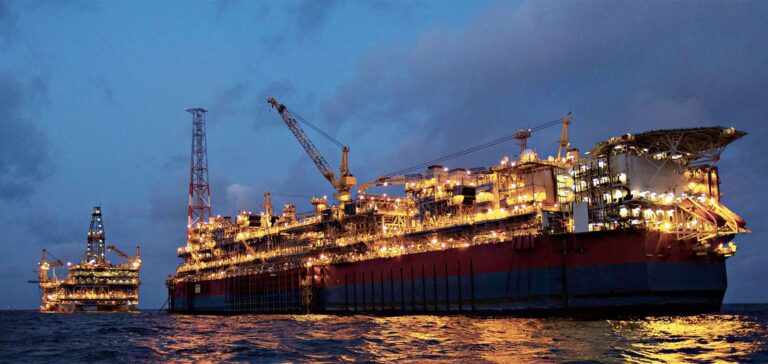Accenture has just published a report on the reinvention of the oil and gas industry in the light of the energy transition.
The latter appears necessary for companies wishing to become future energy leaders.
Accenture investigates the oil & gas industry
200 industry leaders took part in the survey, entitled “Necessity is the mother of (re)invention“, conducted by Accenture.
Carbon neutrality is a central theme of the report.
Indeed, the majority of executives now consider environmental performance a priority.
Moreover, oil and gas companies that are prepared to reinvent themselves will be better able to cope with the repercussions of the pandemic.
They are expected to increase revenues and margins twice as fast as companies less motivated to adapt.
The 5Cs reinvention model
Accenture has also established a ranking of companies based on its “Reinvention Index”.
According to Accenture, the 10% of companies with the highest index are reinvention leaders.
The bottom 25% are considered laggards.
Accenture’s index analyzes companies across a range of factors, establishing a reinvention model dubbed the 5C.
This includes competitiveness, connectivity, carbon neutrality, customer focus and employee culture.
Accenture director Muqsit Ashraf concludes:
“All oil & gas companies should emulate the leaders of reinvention. They could then maintain their relevance during and after the energy transition.”
This report therefore outlines the best practices companies should adopt to thrive in the face of the energy transition.
96% of reinvention leaders have set themselves more or less ambitious environmental targets.
Hydrogen and renewable energies were also identified as offering the greatest potential for growth.






















